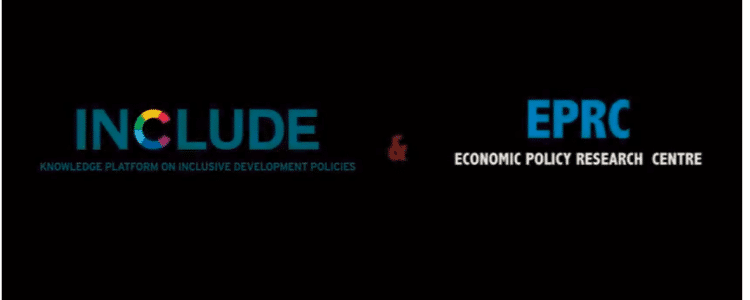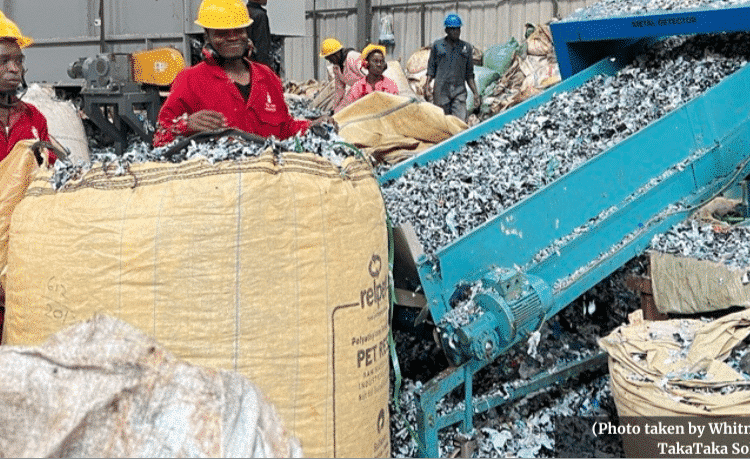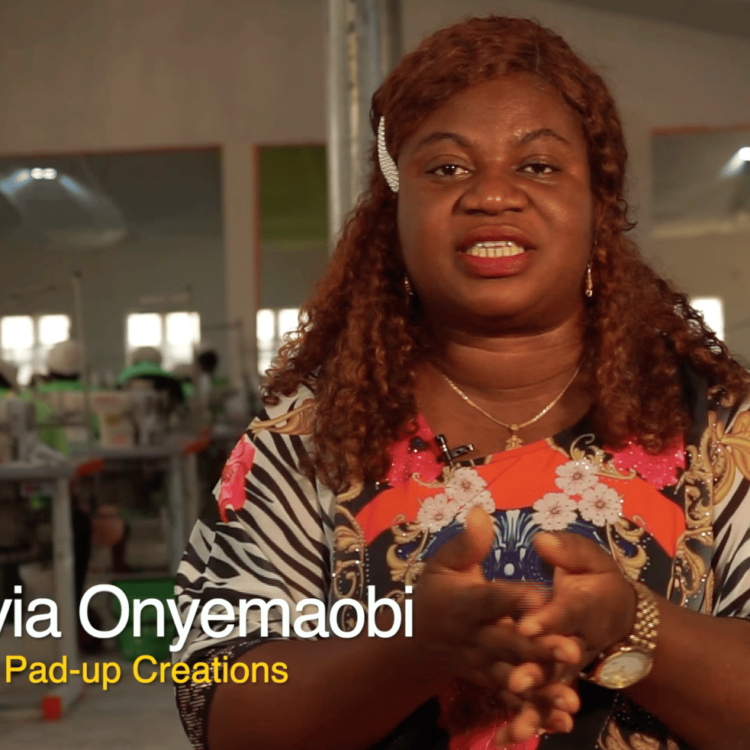
The African Policy Dialogues in Uganda prepared a video of stakeholders discussion on the likely challenges and possible ways on how the government can ensure successful implementation of the Uganda Women Entrepreneurship Programme (UWEP). During the consultations, the monitoring and evaluation manager of the UWEP programme reiterated that “UWEP was rolled out to all the districts of Uganda with the sole objective of improving the social status of women”. Challenges in implementation of the programme are:
- Corruption by district officials
- Politicisation of the projects
- Budget inadequacy
- Weak monitoring systems
- Difficulties accessing funds due to lack of business registration documents
Strategies to address the challenges
- Establishment of business development services to register women business at the local level and linking them up with government agencies that offer the services that they require.
- The Uganda Investment Authority is setting up resource centres well equipped for dissemination of information and assistance in training of female entrepreneurs.
Recommendations
- Continuous monitoring and evaluation of the UWEP programme for learning and improvement.
- All stakeholders at the national and district levels need to work together to ensure the programme is implemented effectively and efficiently.
Watch the entire video:
Please accept marketing-cookies to watch this video.





I greatful for UWEP for having reached a hand out to women , as a young man I am so touched to see see women’s’ challenges being addressed in that manner which promotes bussiness as well , and more maturing to women !